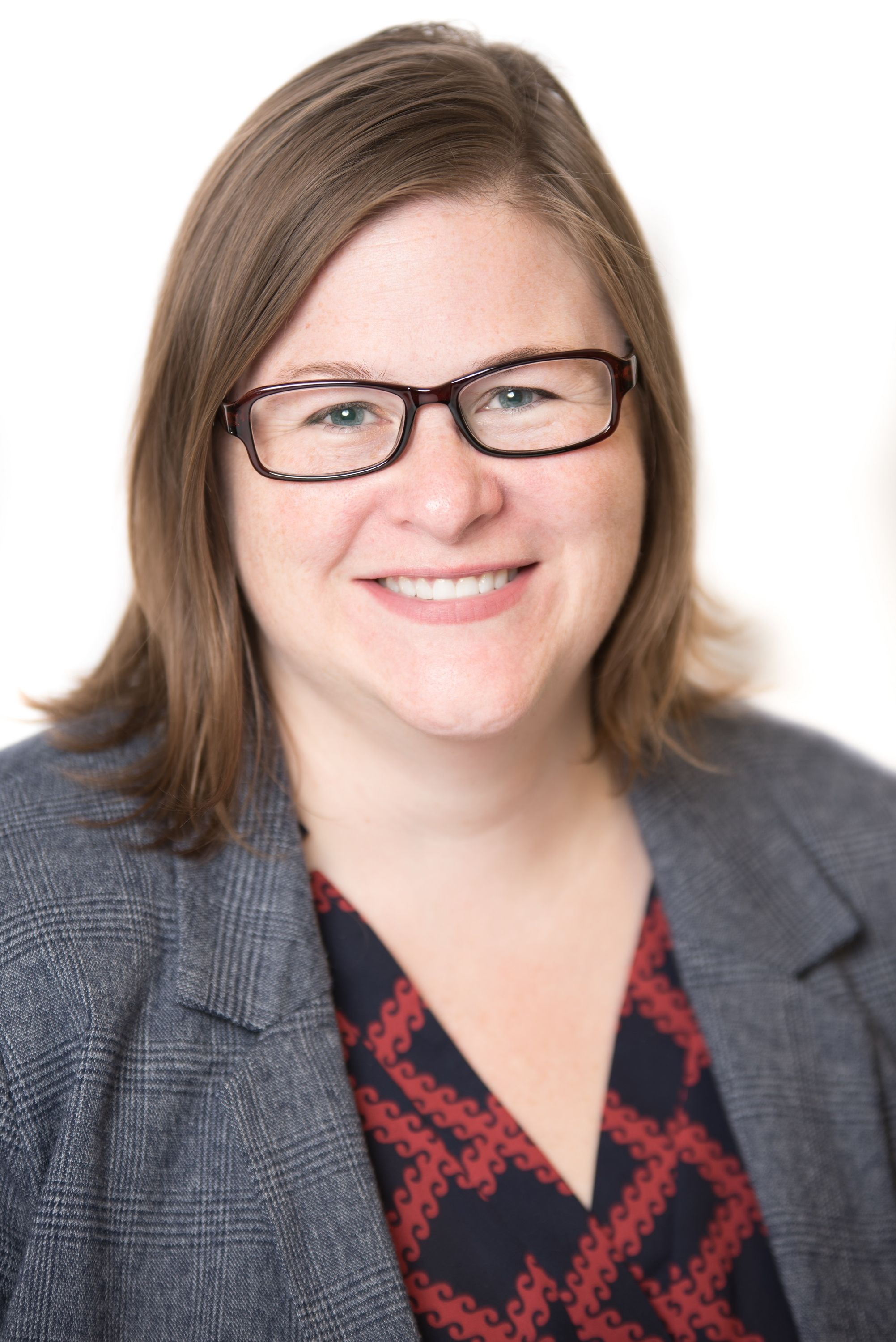The Ninth International Conference on Writing Analytics: Expanding the Body of Knowledge
Sponsors:
- Journal of Writing Analytics
- North Carolina State University
- The Ohio State University
- University of South Florida (host)
The ninth iteration of the conference will explore expanding the body of knowledge in writing analytics, with special attention to defining programs of research. The conference directors invite presentations on current research findings and new directions for research.
Where: University of South Florida, St. Petersburg
When: February 6-8, 2020
Conference Hotel: Hampton Inn and Suites, 80 Beach Drive NE, Downtown St. Petersburg (View Conference Logistics)
Conference Hotel Price: $189/night+tax; book by calling 1-727-892-9900 and saying that you are a member of USF's 9th Annual Conference on Writing Analytics.
Registration: 150.00; Graduate Students: $50
Proposal Deadlines: Proposal Deadline Extended to November 15th.
Call for Proposals: View
Schedule: View
To advance the conference theme, we invite presentations on the following topics:
- Data: How is data identified, acquired, transformed, or stored? How should databases be constructed and managed?
- Digital Environments: How should learning management systems and allied software be designed, implemented, studied, and assessed?
- Analytics Processes: How do we use exploratory, descriptive, predictive, and prescriptive analytics?
- Assessment: How do writing analytics and writing assessment diverge and converge? How can writing analytics improve learning assessment? What are the relationships between information use in writing assessment and writing analytics?
- Ethics: How can aggregate analytic data be protected and individual data remain private? What procedures should be used to ensure ethical conduct of research? What does it mean to apply analog standards of privacy in a digital world? What intersections exist between technological innovation in language measurement and philosophical systems determining obligation?
- Implementation: How can locally-developed writing analytics tools be implemented? What collaborations foster these implementations? What commercial partnerships and software platforms are used to implement writing analytics tools? How are research results communicated?
- Pedagogy: How may writing analytics research be used to design curricula in which writing plays a critical role?
Accepted conference presentations will be invited to work with the editors of Journal of Writing Analytics to propose and develop manuscripts for publication in Volume 4.
Workshops
This year, the conference will feature two workshops: one introductory workshop for those new to the theory and practice of writing analytics; and a second advanced workshop for more experienced researchers. Included as part of the conference fee, these workshops will address both software packages and design issues in writing analytics. The introductory workshop will be led by Duncan Buell and Susan Lang. The advanced workshop will be led by Ian Anson and Bill Marcellino.
Featured Speakers
Ian G. Anson, University of Maryland, Baltimore County

Text-as-Data in the Study of Political Attitudes
While most research in the fields of political behavior and public opinion have historically relied upon polling as a primary source of data, a recent explosion of interest in text-as-data has revolutionized the field. While some scholars are studying the effects of text-based media communications on political attitudes and behaviors, others are investigating the ways in which everyday Americans express their politics through writing on a variety of platforms. Both top-down and bottom-up theories of public opinion have been reinvigorated by a focus on the large-scale analysis of writing.
In this presentation, I explain how several of my own projects have yielded new insights in the field of economic voting as a result of text-as-data approaches. In particular, I show how elite cues about the economy can be traced from politicians’ tweets and press releases to the perceptions of rank-and-file partisans. These effects are circumscribed by powerful agenda-setting effects, however, stemming from the availability of certain kinds of economic information in media. These results shed light on the motivated reasoning phenomenon—and its potential limits.
About
Ian Anson is Assistant Professor of Political Science at UMBC. His research interests include voting behavior, public opinion, political psychology, and the scholarship of teaching and learning. Recently, Ian received the 2019 UMBC College of Arts and Sciences Early-Career Faculty Excellence Award. He received his Ph.D. and M.S. from Indiana University in Bloomington, Indiana.
Duncan Buell, University of South Carolina

Developing the Next Generation of Writing Analytics Researchers
With the oceans of text on the web and in corpora (JSTOR has more than 12 million articles, books, and primary sources), making sense of text is increasingly important and increasingly difficult to do without computational assistance. The task of analysis is complicated by the fact that free text is inherently less structured than numerical scientific data. Analyzing text data requires expertise in knowing what questions to ask of corpora and computational expertise in such things as document representation, indexing, thesaurus construction, part-of-speech tagging and sentence parsing, hidden Markov models, topic modelling, the search for specific linguistic features of interest, and the comparison of different genres of text. Tools used can include prepackaged software, but knowing how to program (in Python or R) is necessary in order to get the full benefit of software like NLTK (the Natural Language ToolKit), CLAWS (from Lancaster University), gensim, WordNet, and the Stanford parsing package. As with most data mining on messy data (and language is inherently messy), obtaining meaningful answers is an iterative process of asking questions, then computing, and then refining both question and computation until the results actually make sense. We will describe, among other things, a recent upper level course designed to introduce students to the questions to be asked and the software and algorithms that can aid in obtaining answers.
About
Duncan Buell is a Professor in the Department of Computer Science and Engineering at the University of South Carolina. He is also a consulting faculty member in the Linguistics program. Recent projects include the book Data Structures Using Java and work within the Digital Humanities.
Bill Marcellino, RAND Corporation

Building Writing Analytic Systems
Software tools for writing analytics generally lack coherence. Tools tend to be specific to a particular purpose, e.g. lexical-level frequency or complexity description, topic modeling, or stylistic analysis. These tools represent a variety of disciplinary traditions (e.g. corpus linguistics, computer sciences, and digital humanities), a variety of software models (e.g. stand-alone software, R and Python libraries, and java-based programs), and with widely varying levels of programming knowledge required. While writing analytics is growing as a field, this fragmentation is a barrier to continued adoption and expansion.
Just as writing is a design art, building a holistic and robust analytic writing system should reflect a design effort. RAND-Lex is a specific example of a deliberate design effort to build a holistic writing analytic environment, representing a defined construct model of written communication embedded in a web-based system, offering built-in descriptive and inferential statistical analysis and machine learning tools. By addressing the entailment between multiple levels of writing features (lexical, lexicogrammatical, and topical), RAND-Lex also explicitly addresses genre in writing analytics.
In my talk I will cover some of the design choices that went into RAND-Lex, the development effort, cost justifications, launch efforts, and present uses of the platform.
About
Bill Marcellino is a Senior Behavioral Scientist at the RAND Corporation, a non-profit public policy research institution. Bill is a Professor of Text Analytics within the Frederick S. Pardee RAND Graduate School, and teaches qualitative research methods within John Hopkin’s Global Security Studies program. He also serves on the editorial review board of the Journal of Writing Analytics.
Jessica Nastal, Prairie State College

Writing Analytics and Pedagogy in the Two-Year College
Two-year colleges are a critical point of access for more than 7 million students nationwide. Enrolled students represent a diverse range of communities historically underrepresented in higher education, for example, in terms of race/ethnicity, disability, and socioeconomic status. And, two-year college students have historically been placed into developmental coursework at disproportionately higher rates than their peers at four-year institutions—a fact that is driving placement and developmental education reform.
To re-envision how to better support the range of students enrolled in First-Year Writing courses, I have collaborated with research scientists to explore integrating writing analytics tools with pedagogy. In this presentation, I will provide practical examples from our work and will discuss how two-year colleges might benefit from designing curricula and associated programs of research with attention to writing analytics—and how writing analytics might benefit from collaborating with two-year colleges.
About
Jessica Nastal is Associate Professor and department chair of English at Prairie State College. She serves on the Illinois Community College Board Placement Standards Workgroup, as Developmental Editor for The Journal of Writing Analytics, and as an editorial board member for Composition Studies.
Proposals
Proposals must relate to the conference theme: expanding the body of knowledge in writing analytics. Proposals should be between 500-2000 words. Proposals must be submitted by November 15th to both Susan Lang
(lang.543@osu.edu) and Norbert Elliot (nelliot3@usf.edu).
Questions or Concerns
For logistics-related questions or concerns, please contact Katie Walkup (kwalkup@mail.usf.edu).